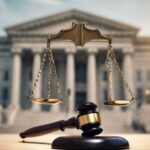How to Fight a Personal Injury Lawsuit
Defending against a personal injury lawsuit encompasses a multifaceted approach that extends beyond mere legal representation. It involves a thorough examination into the procedural and evidentiary aspects of the case, while also considering the financial and emotional toll such litigation can exact on the defendant. From understanding the initial complaint to preparing for trial, each step requires meticulous attention to detail and an adeptness at maneuvering the legal system. As we explore the foundational steps of challenging a personal injury claim, including working with attorneys, gathering evidence, and asserting defenses, one must contemplate the strategic decisions that could potentially alter the outcome of the case. What remains to be seen is how these strategies unfold in the complex landscape of civil litigation, presenting a compelling reason to further explore the nuances of this legal challenge.
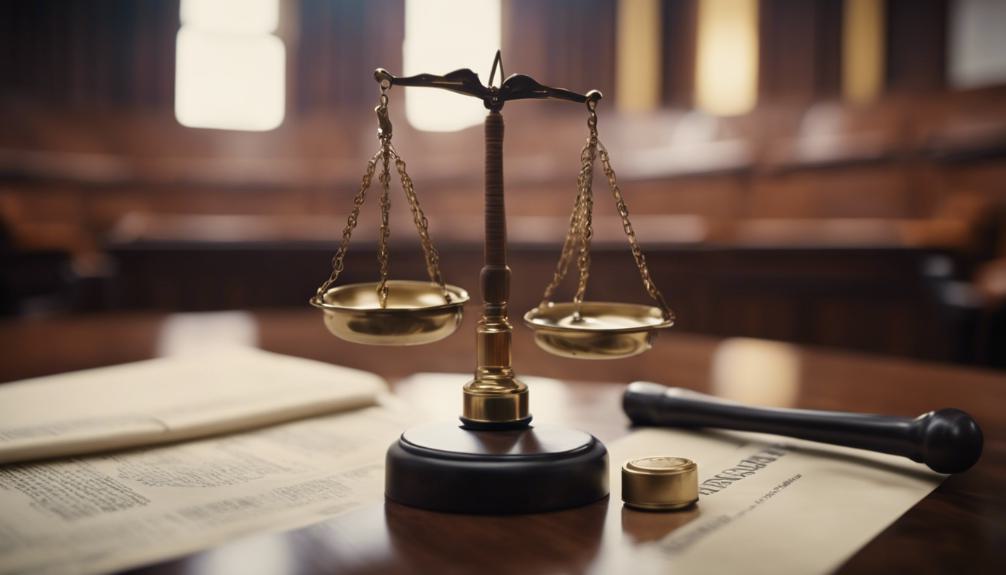
Key Takeaways
- Review and respond to the complaint within the specified timeframe to assert your defense effectively.
- Work closely with your attorney to gather evidence and draft formal responses denying allegations and asserting affirmative defenses.
- Be prepared for potential costs, including legal fees, expert witness fees, and court costs, by understanding and managing your expenses.
- Consider the implications of settlement versus judgment, including potential settlement amounts, damages, and the impact on personal and financial circumstances.
Understanding the Complaint
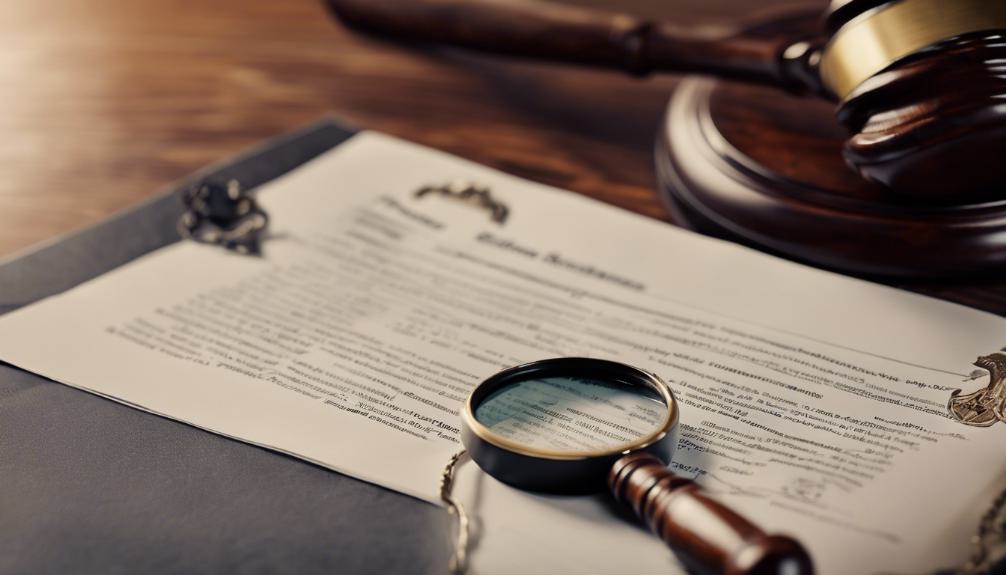
In the domain of personal injury lawsuits, comprehending the complaint is a foundational step that sets the stage for a robust defense strategy. The complaint, a document filed by the plaintiff, outlines the allegations against the defendant, including the nature of the injury sustained and the basis for holding the defendant liable. A meticulous review of the complaint is essential, as it not only provides insight into the plaintiff's claims but also identifies the legal grounds on which those claims are based. This initial analysis enables the defendant and their legal counsel to understand the scope of the lawsuit, assess the validity of the claims, and develop a preliminary strategy for responding appropriately. Understanding the complaint deeply influences the subsequent steps in the defense process, laying the groundwork for a tailored and effective legal response.
Filing Your Answer

Once the review of the complaint is complete, the critical next step for defendants in a personal injury lawsuit is to file their answer within the legally mandated timeframe. This involves drafting a formal response to the allegations presented by the plaintiff. Defendants must either admit, deny, or state that they lack sufficient information to admit or deny each claim. It's also an opportunity to assert any affirmative defenses, which are legal reasons why the plaintiff should not prevail. For instance, arguing that the plaintiff's own negligence contributed to the injury. Importantly, the answer must be filed with the court and served upon the plaintiff's attorney or the plaintiff themselves if they are representing themselves, adhering strictly to procedural rules to avoid default judgment.
Working With Attorneys
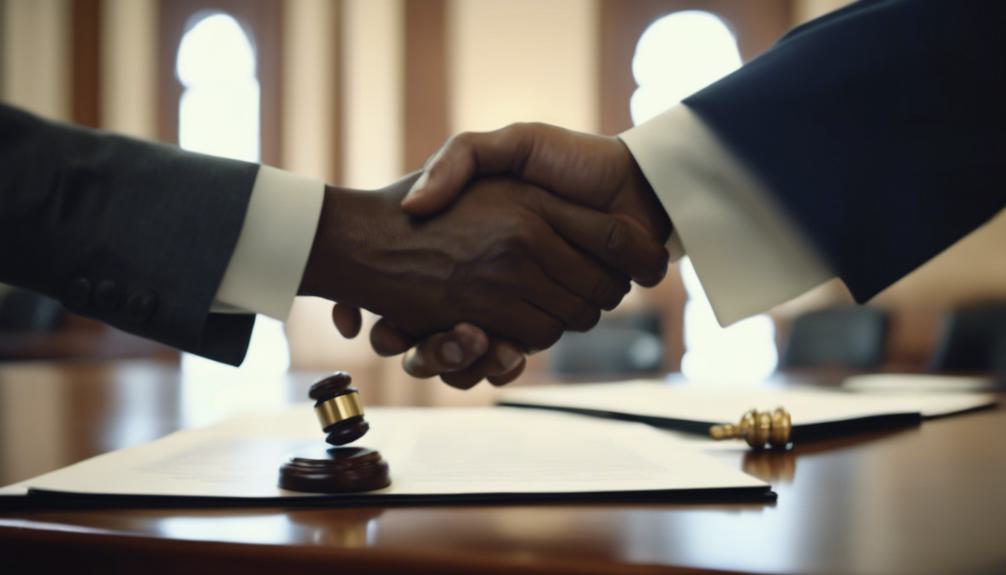
Selecting the right attorney is a critical step for defendants in a personal injury lawsuit, as it sets the foundation for a robust defense strategy. It is vital to choose a lawyer with specific experience in personal injury defense, as they will be familiar with the nuances of the law and effective legal strategies. An experienced attorney can review the complaint, file an answer within the required timeline, and draft formal responses while asserting affirmative defenses. Collaborating closely with your attorney is crucial; they should guide you through the legal process, explain your rights, and outline the potential costs involved, including legal fees and expert witness expenses. A well-chosen attorney not only defends your case but also manages the complexities of litigation, aiming to minimize the financial impact on the defendant.
Gathering Evidence
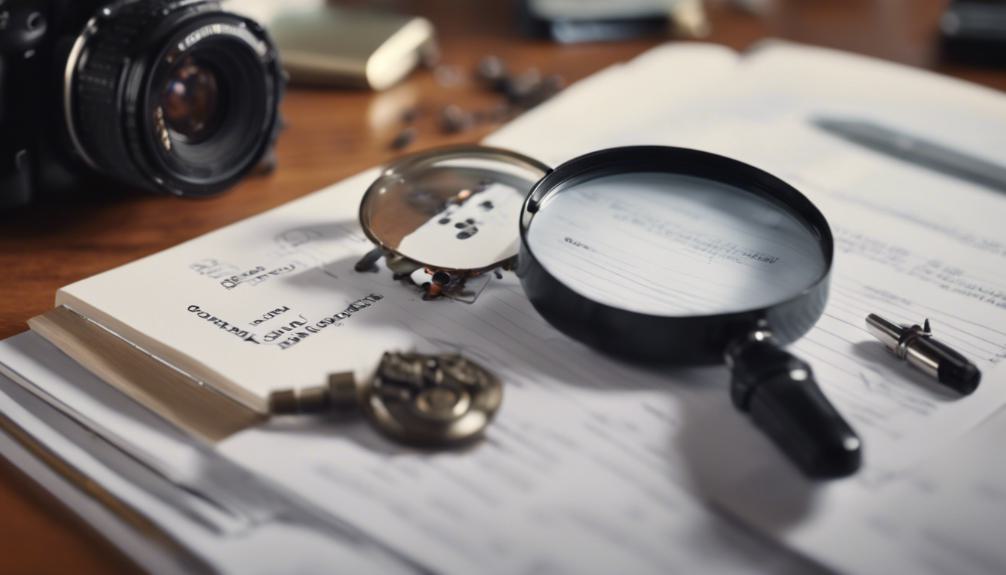
Gathering evidence is an important step in defending against a personal injury lawsuit, as it forms the backbone of the defendant's case. This process involves meticulously collecting, documenting, and preserving any information that supports the defense. Essential evidence may include photographs of the incident scene, video surveillance, medical records, witness statements, and any relevant documents or communications. It's also essential to compile evidence that demonstrates the extent of the alleged injuries and any pre-existing conditions that may be relevant. Collaborating with experts, such as accident reconstruction specialists or medical professionals, can further strengthen the defense by providing objective analyses and testimonies. Properly gathered and presented evidence can challenge the plaintiff's claims and have a significant impact on the outcome of the case.
Asserting Defenses
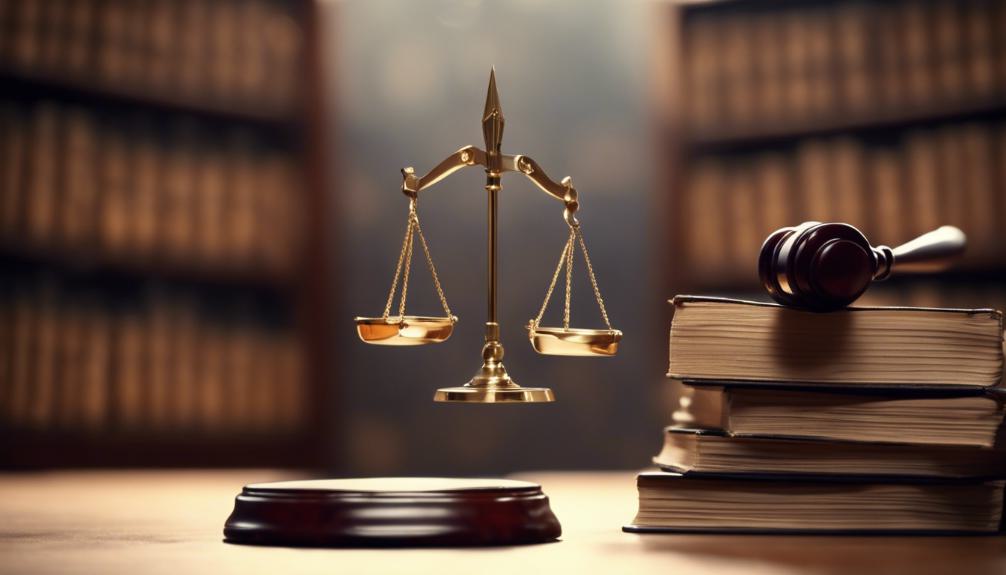
After meticulously collecting evidence to strengthen the defense in a personal injury lawsuit, the next strategic step involves asserting defenses to directly challenge the plaintiff's claims. This process begins with reviewing the complaint and filing a formal answer within the stipulated time frame, usually 20-30 days. The defense team must draft detailed responses, denying allegations and asserting affirmative defenses, effectively shifting the burden of proof back to the plaintiff. It is pivotal to work closely with attorneys to identify and articulate each defense clearly, leveraging gathered evidence to support the defense's position. Filing counterclaims, when applicable, can further fortify the defense's case, challenging the plaintiff's standing and potentially leading to a more favorable outcome for the defendant.
Managing Legal Costs
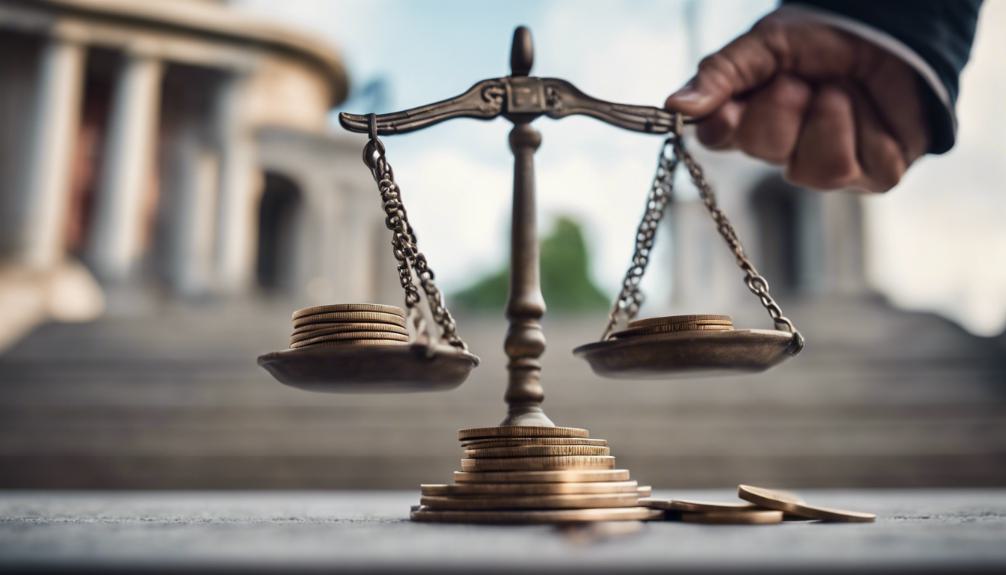
Managing the financial complexities of defending a personal injury lawsuit is a critical component for any defendant seeking to manage expenses effectively. Legal fees can vary significantly depending on the case's complexity and the attorney's hourly rate. Exploring potential payment plans with your legal representative can alleviate some financial pressures. Additionally, defendants should be prepared for the costs associated with expert witnesses, which can range from a few thousand to tens of thousands of dollars, depending on the expertise required. Court costs, including filing fees and expenses related to attendance, also contribute to the overall financial burden. Understanding and proactively managing these potential expenses are vital steps in effectively defending against a personal injury lawsuit without incurring unnecessary financial strain.
Considering Settlement Options
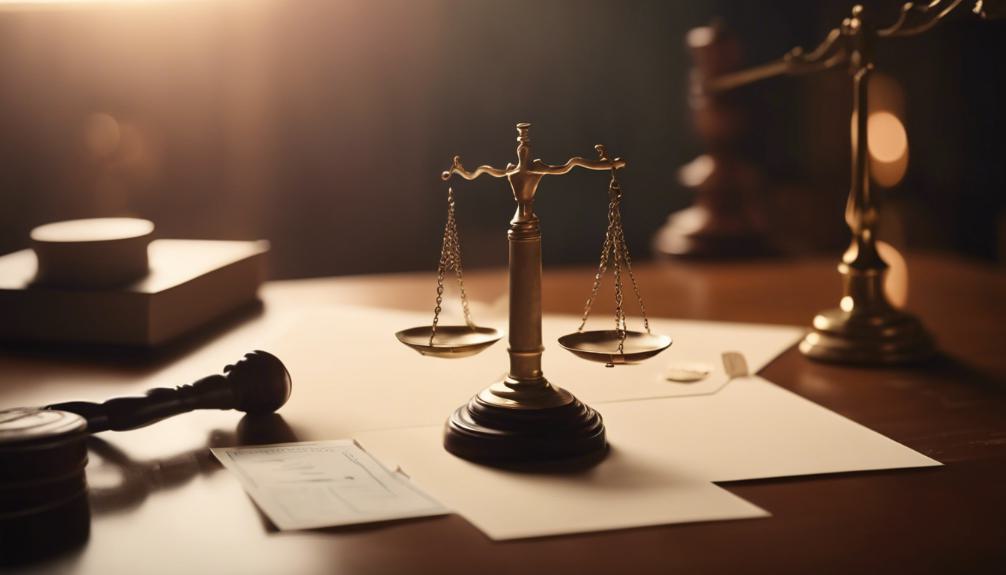
Exploring settlement options early in a personal injury lawsuit can offer a strategic advantage to defendants, potentially reducing legal costs and avoiding the uncertainties of a trial. Settlement negotiations may commence at any stage of the litigation process, enabling parties to reach an agreeable resolution without the need for court intervention. Engaging in these discussions allows defendants to assess the strengths and weaknesses of their case alongside potential financial implications. It is vital for defendants to work closely with their legal team to evaluate the merits of the plaintiff's claims, the defendant's potential liability, and the financial impact of various settlement scenarios. A well-negotiated settlement can not only limit financial exposure but also conserve valuable time and resources.
Navigating Judgment Implications
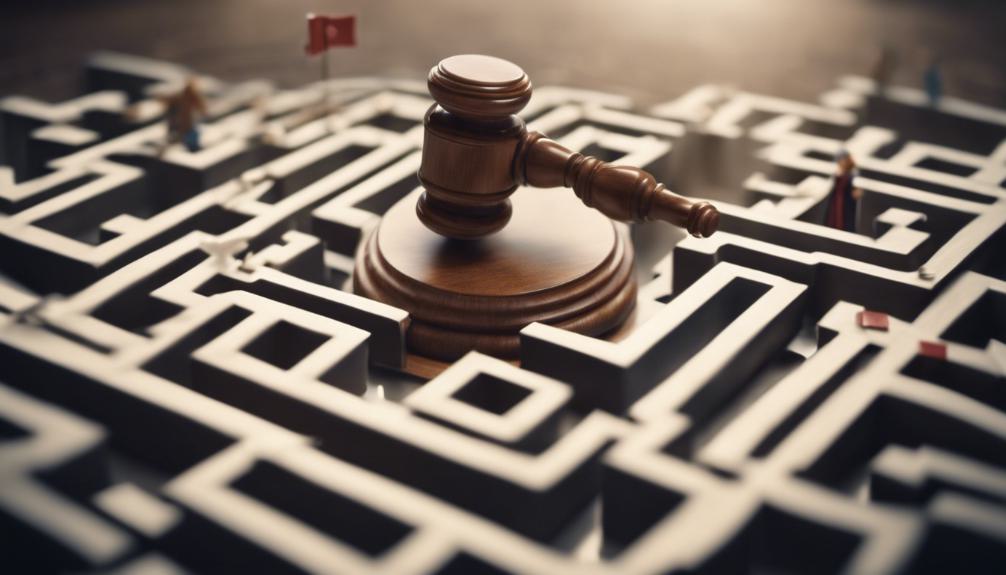
Understanding the implications of a judgment in a personal injury lawsuit is essential for defendants to prepare for potential financial and legal outcomes. If the court rules in favor of the plaintiff, defendants may face significant financial liabilities, including compensatory damages for the plaintiff's losses and possibly punitive damages intended to punish egregious behavior. Additionally, interest may accrue on these amounts, increasing the financial burden over time. Defendants should also be aware that a judgment can impact their credit rating and potentially lead to asset garnishment or liens against property. Proactively engaging with legal counsel to understand these implications and exploring avenues for appeal or negotiation of the judgment amount is critical for mitigating adverse effects and planning a forward strategy.
Addressing Special Circumstances
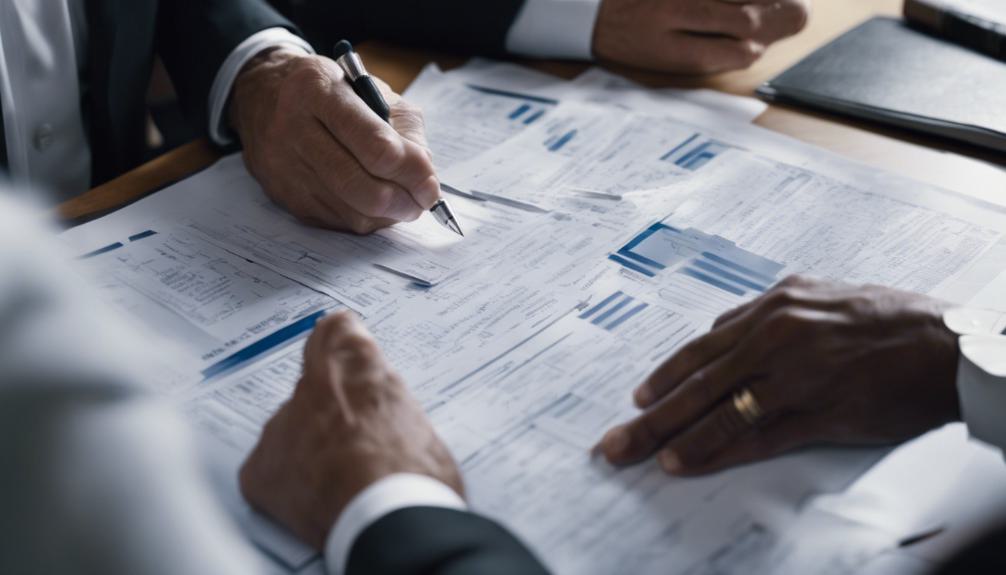
Exploring the legal landscape of personal injury lawsuits requires attention to special circumstances that may greatly affect the outcome for defendants. When a defendant is facing bankruptcy, this condition can substantially alter the ability to collect judgments, necessitating strategic legal maneuvers to protect assets. Similarly, when lawsuits involve the estates of deceased individuals, the process becomes more complex, requiring defendants to navigate estate laws in addition to personal injury claims. Executors or administrators of estates must be particularly vigilant in defending against claims, as they must balance their duties to the estate with the intricacies of personal injury law. State laws and court decisions introduce further variability, making it essential for defendants to work closely with knowledgeable attorneys who can navigate these special circumstances effectively, ensuring a more tailored defense strategy.
Preparing for Trial
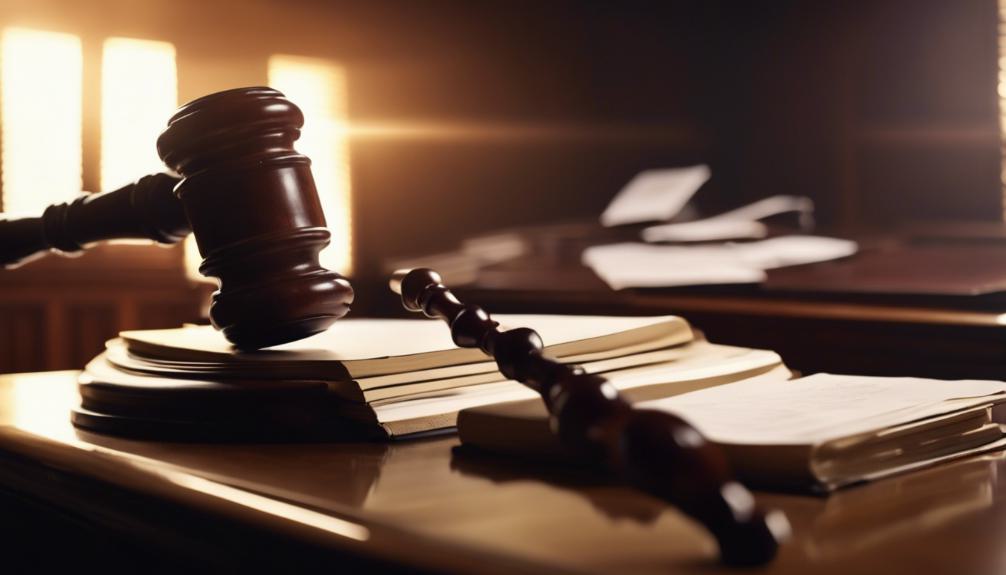
Handling the complexities of special circumstances in personal injury lawsuits sets the stage for the critical phase of preparing for trial. This process involves a meticulous review of all case materials, including evidence, witness statements, and expert reports. Collaborating closely with legal counsel, defendants must make sure that their defense strategy is robust, addressing each allegation with clear, substantiated arguments. Drafting pre-trial motions, planning the cross-examination of witnesses, and formulating persuasive opening and closing statements are key components. Additionally, understanding the potential costs, from legal fees to expert witness expenses, is crucial for effective budget management. Preparing for trial demands a thorough approach, focusing on both the legal and financial aspects, to navigate the intricacies of personal injury litigation successfully.
Frequently Asked Questions
How Can Social Media Impact My Defense in a Personal Injury Lawsuit?
Social media can greatly impact the defense in a personal injury lawsuit by potentially providing evidence that contradicts claims of injury or damages, thereby affecting the credibility and strength of the plaintiff's case.
What Role Do Alternative Dispute Resolution Methods, Such as Mediation or Arbitration, Play in Resolving Personal Injury Lawsuits Before Trial?
Alternative dispute resolution methods, like mediation or arbitration, offer parties in personal injury lawsuits a means to settle disputes outside of court, potentially saving time, reducing legal costs, and allowing for more flexible solutions.
How Does a Defendant's Insurance Coverage Influence the Strategy and Outcome of a Personal Injury Lawsuit Defense?
In the colossal arena of legal battles, a defendant's insurance coverage emerges as a pivotal shield, substantially shaping the strategy and outcome of personal injury lawsuit defenses through financial backing and legal resource allocation.
Can a Personal Injury Lawsuit Affect My Credit Score or Financial Standing, and if So, How?
A personal injury lawsuit can impact one's financial standing and potentially affect credit scores if it results in a judgment that leads to unpaid debts, garnishments, or bankruptcy, thereby influencing creditworthiness and financial stability.
What Are the Implications of a Personal Injury Lawsuit on My Professional Licensing or Certifications, Especially in Fields Requiring a Clean Legal Record?
A personal injury lawsuit can jeopardize professional licenses or certifications, especially in fields where integrity is paramount. Regulatory bodies may view such lawsuits as indicative of risk, potentially leading to suspension or revocation of credentials.
Conclusion
In the intricate dance of legal maneuvering, where every step and turn can determine the trajectory of one's future, it is imperative to approach the defense against a personal injury lawsuit with precision and foresight. Engaging with seasoned legal counsel, meticulously compiling evidence, and considering the full spectrum of defense strategies are essential in sailing this complex landscape. Through this judicious preparation, one may find a path through the thicket of litigation towards the light of resolution, safeguarding one's interests with the shield of diligence and the sword of knowledge.

This post has been generated by AI and was not reviewed by editors. This is Not legal advice. Please consult with an attorney.
